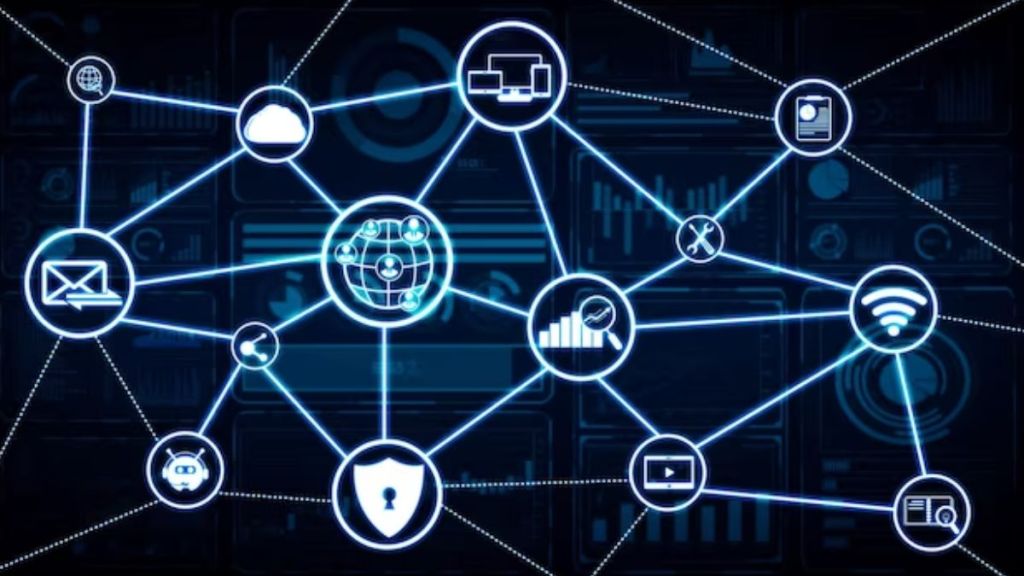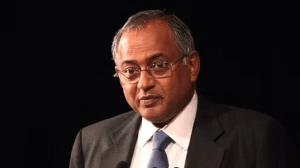The concept of a digital era seems to have been based on how centralised data governance can be. However, with technologies such as artificial intelligence (AI), machine learning (ML), and blockchain, among others, data-driven business solutions are on a rise. It’s believed that advancements in digital needs have called for the decentralisation of data governance. From what it’s understood, decentralised data governance refers to data management in the absence of a centralised entity. “I believe decentralised data governance is a method of managing data in which control and decision-making authority over the data are dispersed among entities rather than concentrated within an authority. This model aims to define data ownership and distribute it among stakeholders, including data producers, custodians, and consumers,” Piyush Goel, founder and CEO, Beyond Key, an information technology (IT) consulting firm, told FE TransformX.
Into the world of data
Market experts suggest that decentralised data governance helps bring accountability to data management. Bringing decentralisation to data governance can help bring cohesion between data protection and its availability. In terms of a comparison between centralised and decentralised forms of data governance, centralised data governance is considered suitable for big corporations having more regulations, whereas decentralised data governance can be better for small-scale organisations with relatively fewer guidelines. Overall, the kind of data governance to be adopted in a corporation is based on its corporate objectives. As per The Data Governance Institute, a data governance website, data governance is based on aspects such as architecture and integration, standard of data, backing by management, policy, standards and strategy, privacy, compliance and security, and data warehousing and business intelligence.
The integration between the two forms of data governance can be beneficial for companies which are neither large-scale nor small-scale. Benefits associated with a decentralised data governance model include the prevention of data misplacement through the presence of many nodes, processing of mass data amounts and traffic, and avoidance of errors during the handling of different editions of the same data. It’s believed that the presence of many data engineers in a decentralised data governance model is an important factor. Technologies such as blockchain are considered vital for the decentralisation of data governance, as it can handle the drawbacks of data silos to develop data migration techniques. “I think decentralised models are a game-changer for the data landscape. This can empower us to distribute data ownership and decision-making across our organisation, fostering a culture of accountability and transparency. This approach can not only enhance data accuracy and accessibility but can also strengthen security and compliance,” Ranjan Chopra, MD and CEO, Team Computers, highlighted.
The market
According to Mordor Intelligence, a market intelligence and advisory firm, the global data governance market is expected to reach $2.73 billion in 2023 and should go on to achieve $6.71 billion by 2028, at a 19.72% compound annual growth rate (CAGR) between 2023-28. The firm also mentioned that the development of Internet of Things (IoT) applications across different areas, such as healthcare, IT and telecommunications, and retail, among others, is expected to grow the need for a data governance sector.
If we talk about India, the introduction of the Digital Personal Data Protection Bill (DPDPB), 2023, has provided an understanding of decentralised data governance. According to reports, the concept called Decentralised Identity (DID), which means technologies which enable users to have a grip over their digital identities without centralised parties, can ensure better execution of the DPDPB. Insights from market research have shown that a blockchain-backed digital identity, also called a Self-Sovereign Identity (SSI) or Decentralised Identifiers (DIDs), can provide advantages such as Zero-Knowledge Proofs (ZKPs), hashing, consent administration, immutability of data, among others. “Blockchain and homomorphic encryption can improve data privacy and security. Advanced encryption, better workflow tools, and emerging technologies such as cloud computing and blockchain can pave the way for efficient, automated, and scalable data governance techniques,” Sujit Patel, founder and CEO, SCS TECH, concluded.










